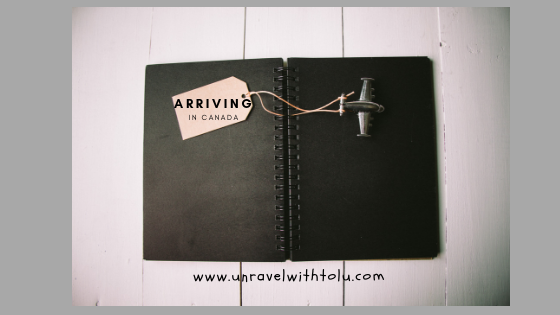
This post contains affiliate links
The excitement of moving to a new country and not being sure of what to expect can be wary. Sometimes asking people who are already in Canada might not be the easiest as you do not want to be burdensome. As a first-time student traveller to Canada, you have to make plans in advance regarding what to pack, accommodation, choosing courses, Flight, School fees & Living expenses. One may bypass one or two of these categories if you have family in the city your university is. With them, it more makes the transition smooth.
ACCOMMODATION
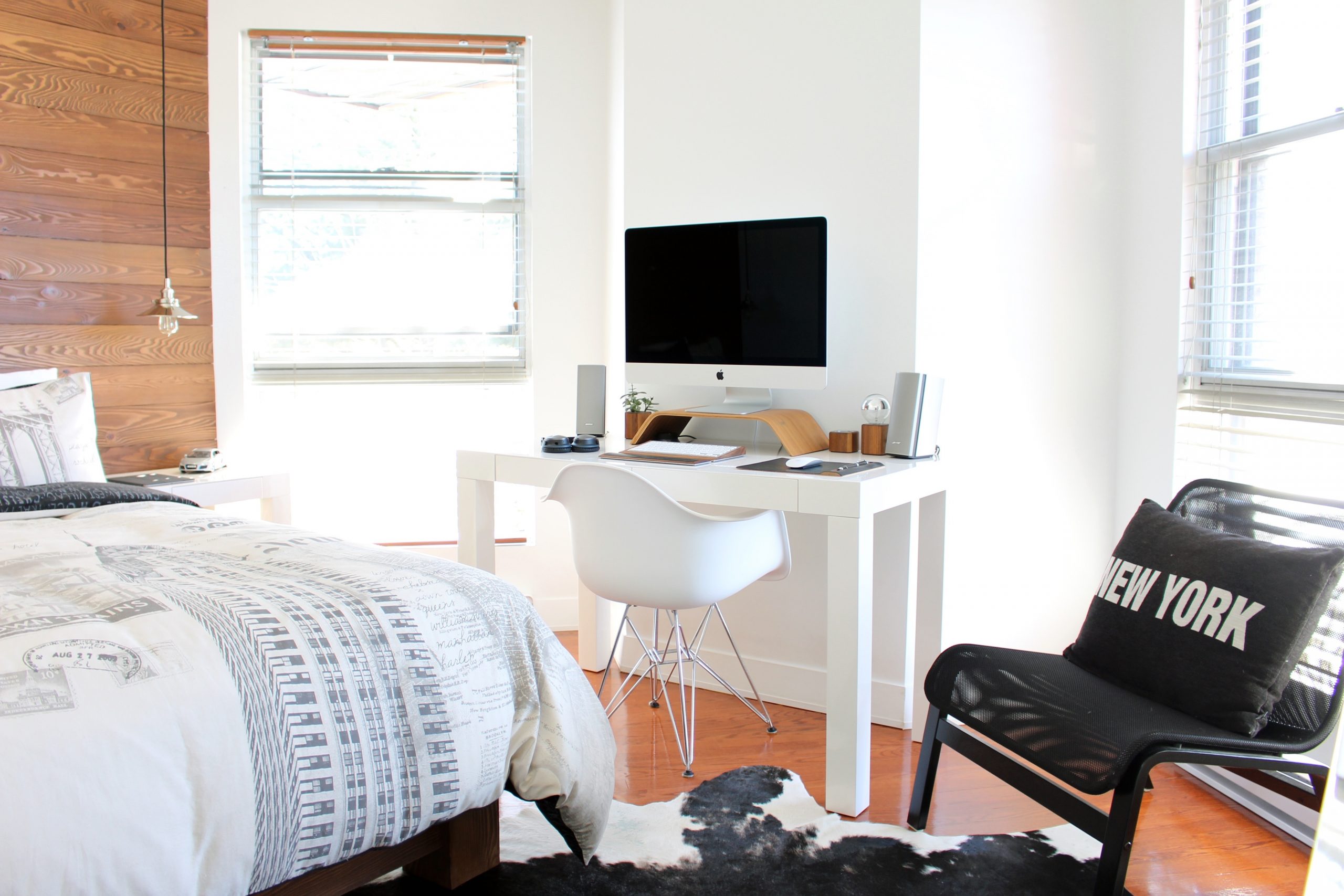 Deciding whether to live on campus or not is a personal preference. Living on campus has its perks and it is a straightforward process. You apply with your university accommodation and boom you have a place. On-campus living decision has to be finalized before resuming. Staying off campus is a whole new ball game and hassle. Other options worth considering for your early days in Canada are Air BnB and Hotels. The prices go up as the date to when you want to resume draws. Not booking in time can leave you without a place to stay when you arrive.
Deciding whether to live on campus or not is a personal preference. Living on campus has its perks and it is a straightforward process. You apply with your university accommodation and boom you have a place. On-campus living decision has to be finalized before resuming. Staying off campus is a whole new ball game and hassle. Other options worth considering for your early days in Canada are Air BnB and Hotels. The prices go up as the date to when you want to resume draws. Not booking in time can leave you without a place to stay when you arrive.
CHOOSING COURSES
 The internet has made life easier with Facebook, Twitter and other social media platforms. Most universities have a Facebook group for students entering each academic year. I met my current flatmate off my university’s Facebook group. You get to meet people possibly taking your course as well as people who have taken the course before you. Choosing your courses solely depends on what you want to achieve from your degree. Taking a multidisciplinary degree, choosing your classes in advance is important. If you are unsure send emails to your lecturers or department heads to give guidance.
The internet has made life easier with Facebook, Twitter and other social media platforms. Most universities have a Facebook group for students entering each academic year. I met my current flatmate off my university’s Facebook group. You get to meet people possibly taking your course as well as people who have taken the course before you. Choosing your courses solely depends on what you want to achieve from your degree. Taking a multidisciplinary degree, choosing your classes in advance is important. If you are unsure send emails to your lecturers or department heads to give guidance.
SCHOOL FEES & LIVING EXPENSES
 This solely up to how your school expects payment to be done. Some universities would not mind a direct wire transfer or western union. Be sure to email your school’s account office for payment options. If you plan to travel with your school fees in cash be sure to declare the amount at the Canadian border if it is over $10,000. The best and cost-saving to receive money abroad is a wire transfer. If your country is advanced enough, Lemonade Finance and worldremit are platforms that encourage international transfer. It is important to know your country’s bank international spending limit as it may leave you stranded if you intend on using it as your alternative to a Canadian bank account. I advise you to speak to your home country’s bank regarding the spending limit and request for an increased limit before travelling. You are likely to be charged for using a foreign bank card on Canadian ATMs.
This solely up to how your school expects payment to be done. Some universities would not mind a direct wire transfer or western union. Be sure to email your school’s account office for payment options. If you plan to travel with your school fees in cash be sure to declare the amount at the Canadian border if it is over $10,000. The best and cost-saving to receive money abroad is a wire transfer. If your country is advanced enough, Lemonade Finance and worldremit are platforms that encourage international transfer. It is important to know your country’s bank international spending limit as it may leave you stranded if you intend on using it as your alternative to a Canadian bank account. I advise you to speak to your home country’s bank regarding the spending limit and request for an increased limit before travelling. You are likely to be charged for using a foreign bank card on Canadian ATMs.
FINDING A FLIGHT
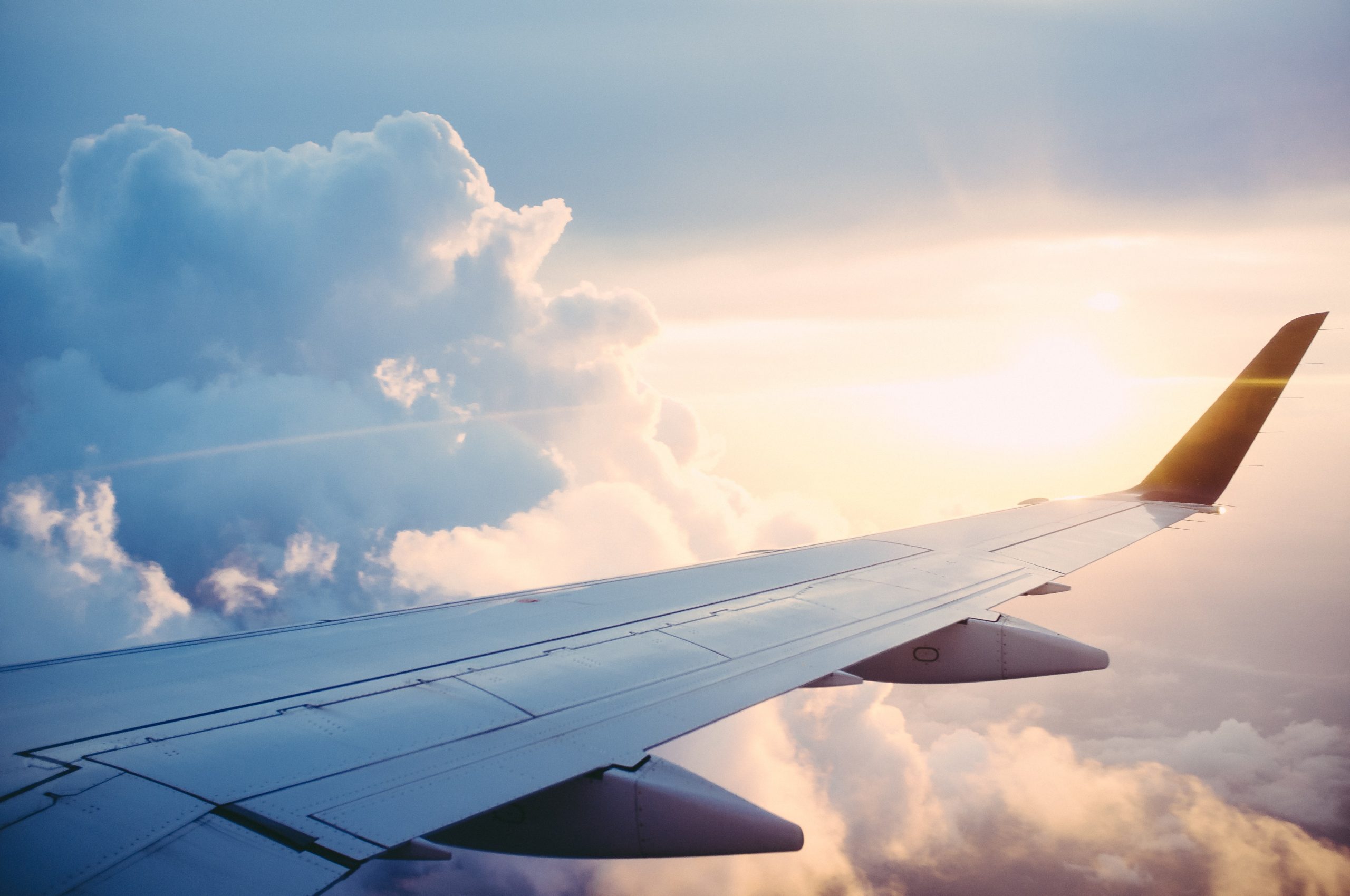 Canada is far from the rest of the world if you do not live in Europe, South America or North America. If you are among those living outside these regions, be ready to travel for 7 hours to 32 hours. I travelled for over 26 hours as there is no direct flight to Canada from Nigeria. A few options worth considering travelling from Nigeria are:
Canada is far from the rest of the world if you do not live in Europe, South America or North America. If you are among those living outside these regions, be ready to travel for 7 hours to 32 hours. I travelled for over 26 hours as there is no direct flight to Canada from Nigeria. A few options worth considering travelling from Nigeria are:
- Travelling with Lufthansa or KLM as you will not need to worry about having a transit visa.
- The quickest route to get you to Canada is probably flying to the UK (6 hours from Nigeria )and then a flight to Canada (5 hours or more).
- For more travel, cost-efficient and flexible flight options, you will need a US, UK or Schengen visa, hence why I said in my previous post you need one of these valid visas before applying for your study permit. You may not have the luxury of time to apply after your study permit is granted.
ARRIVING IN CANADA
As a student, the following are worth knowing:
- Being an international student, the one thing everyone is curious about is finding your home country groceries and items you are familiar with. Due to this, you will want to bring in as many home country items like food, toiletries etc. Make sure whatever you are bringing into Canada will be accepted at the border because you will be asked to declare what you are bringing into the country. Any animal product will be confiscated at the airport. Check here to know what is permitted in Canada.
- You may be asked to open your luggage for a security check or it may be opened without your consent. This is a common practice at Montreal Airport.
- There are only 3 points of entry where you can receive your study permit – Toronto, Quebec and Vancouver.
- Get your documents ready as your study permit will be issued on arrival after going through immigration. The documents you will need to present are a passport, letter of introduction by the embassy, acceptance letter by your university, bank statement (proof of tuition payment).
- If your purpose of coming to Canada is to study, then make sure you pay your fees before leaving your home country and hold the proof with you.
- If you are departing to another city in Canada that does not give a study permit at the airport, make sure you have at least 3 hours of layover time to give room for anything beyond your control.
- Have a plan on how you end up getting to your final destination from the airport, not all cities in Canada have ubers, lyfts or car on-demand services.
WHAT TO EXPECT
Depending on what season you are arriving, you should expect tight security and a long queue. You will be welcomed by the Canadian customs asking for your flight ticket, passport, the purpose of being in Canada as soon as your feet touch Canadian soil.
Immigration did not waste a lot of time attending to landing immigrants. After this, was the queue for the study permit which took almost 2 hours to get through. I kept pacing because I had a flight to catch in 1 hour 25 mins on arriving at Toronto Pearson Airport. An officer finally attended to me asking for the document list from above, asked when I plan on going to Halifax I said in less than 20 mins. She said don’t worry, Air Canada will sort you out, people miss their flight every time. The joy in my heart!
post a comment
You must be logged in to post a comment.
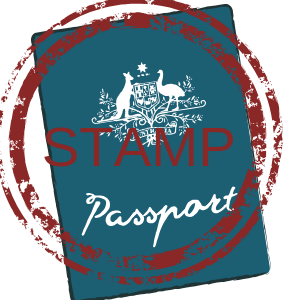
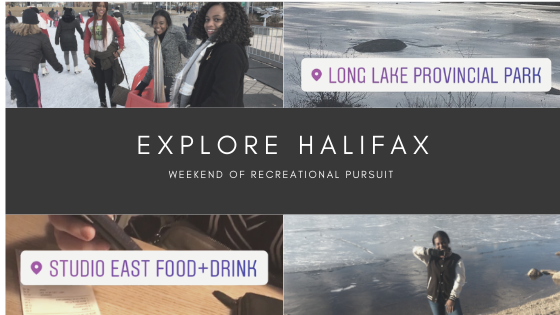
Jessica
You give really great traveling advice here! Nice blog!
Pingback: 6 Travel Tips For Crossing US border – Unravel With Tolu
Pingback: Renting Your First Home – Unravel With Tolu